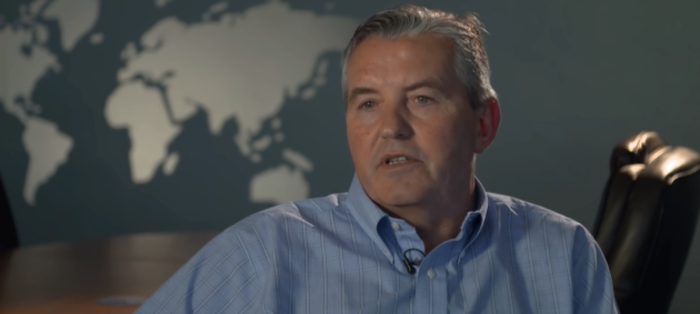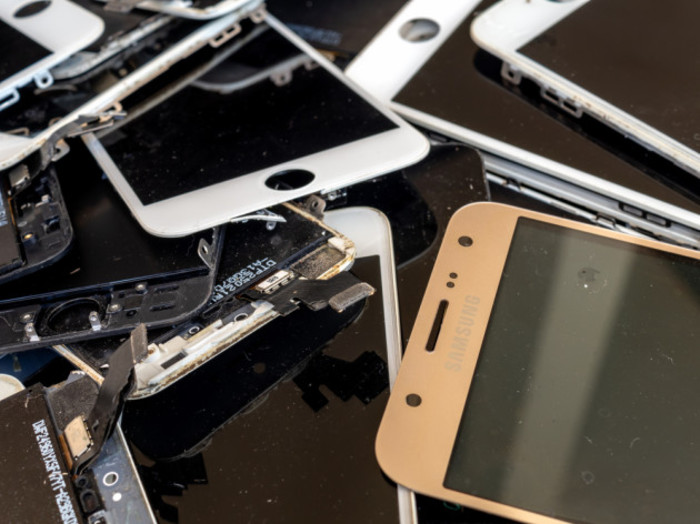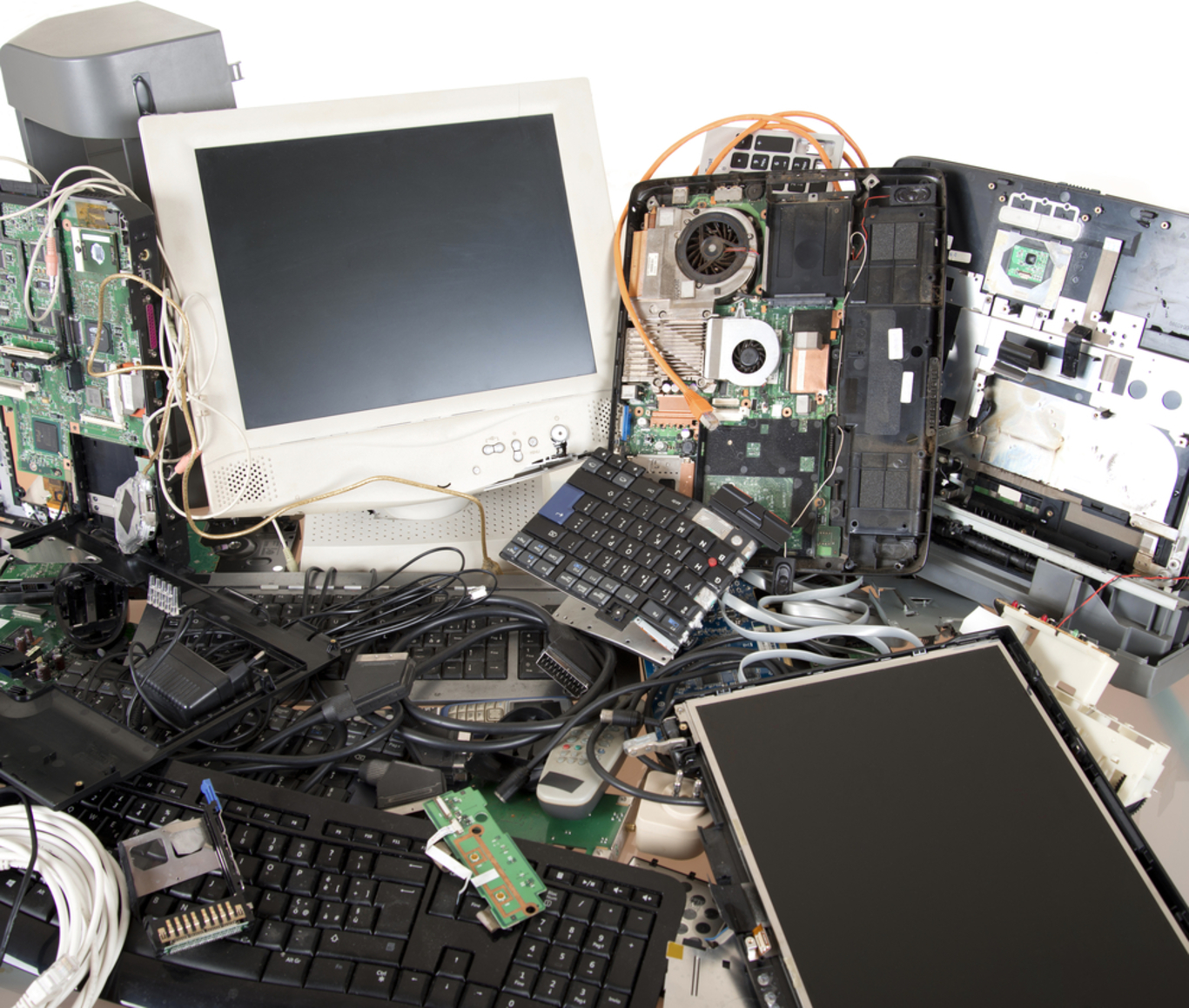How Cork's Wisetek is taking its mission to cut electronic waste global
The firm opened two new facilities in the US and is now eyeing the Middle East and Africa.
WISETEK CHIEF EXECUTIVE Sean Sheehan is unabashed about the scale of his plans.
The Cork-based firm, which recycles and re-purposes electronic equipment, has been steadily expanding its international presence.
This year it opened two new facilities in Texas and California as part of its US expansion, adding to the company’s presence in Boston and Maryland.
Founded in 2007, Wisetek takes in electronic equipment for clients and refurbishes it for future use, thereby reducing the amount of electronic waste that’s just dumped. As well as its operations in Cork, the company also has a Dublin operation and one in the UK.
However going all in on the US market was key for the company, Sheehan told Fora.
“We tried to grow the business ourselves out of our facility in Boston. It hadn’t really worked because of the vast size of the country. We knew we had to do an acquisition or a merger.”
That merger came in November with Maryland’s DataKillers, a company that safely disposes of hard drives.
“What we found then talking to these guys is that companies are looking for a global solution, but first we had to satisfy the American reach,” he said.
With that in mind, the company got moving on Texas and California. The facilities were opened in March and June respectively. Its US operations employs 80 people now, up from 12 a year ago, while it has 310 workers on its books worldwide.
 Sean Sheehan
Sean Sheehan
The west coast was an obvious choice for the company given its tech credentials, and the company now has all of the crucial parts of the US covered geographically.
“We have facilities in Boston for the east coast,” Sheehan said. “We have Maryland, about 20 minutes from Washington, which covers that region. It’s also next door to Virginia, which is the data centre capital of the world, so we needed a presence there.
“Then you have Austin, which covers the midlands, and now you have our facility in Sacramento which covers all of California.”
Despite big investments in expansion since then, Sheehan doesn’t expect Wisetek will take a hit on its profits.
The company booked net income of €834,000 for the year ended October 2017, according to filings with the Companies Registration Office, up from €534,000 in 2016.
Global demand
As its growth continues, Sheehan said Wisetek is no longer thinking locally – or even regionally. Its focus is on securing global contracts with major firms.
“In some cases we’re actually providing services in 22 countries through ourselves and through partners. We find that makes an awful difference,” he said.
The company has recently opened another site, in Dubai, in order to take on the Middle East market. The facility will also serve as a stepping stone into Africa.

“There are not too many recyclers (in the Middle East) because it wasn’t really a priority, but based on legislation, people are starting to look at it now so there’s certainly a lot of opportunity.
“There’s a big demand for second-hand material in Africa due to the cost of material – electronic equipment is expensive there. That’s why we want to open up that market.”
The company also has a facility in Thailand for its Asian presence, while it recently put a representative on the ground in Shenzhen to start exploring China, another vital market.
“There are not too many companies that would have that reach out there,” Sheehan said.
E-waste
Wisetek takes in several different kinds of electronics, from phones to laptops to office IT equipment.
According to a study by a UN agency, there were 44.7 million metric tonnes on electronic waste generated globally in 2016.
The recent boom in internet of things and wearable devices means even more electronics on the market that will eventually wear out and be replaced by new models.
This provides another business angle for the likes of Wisetek, while the proliferation of data centres also offers a stream of revenue as equipment becomes redundant.
“There are three goals that (data centres) have to reach,” Sheehan explained.
“One is connectivity, the speed that they can transfer information to and from their customers. The other one is up-time to make sure they’re available 24/7, and the other one is based on power,” he said.
“They’re constantly updating, every two to three years, constantly changing their equipment to reach these targets, because new equipment is coming out and you have that flooding the marketplace. They’re looking for outlets for that.”







